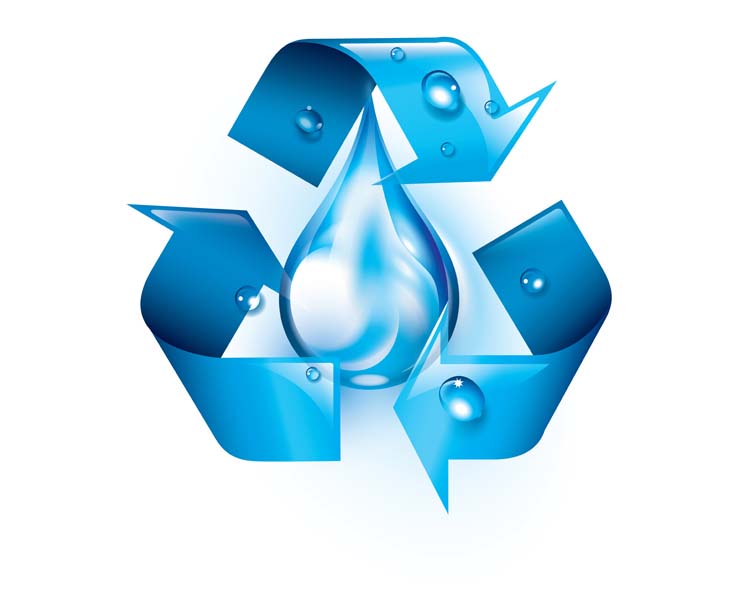
Water, the essential element that accompanies us throughout our daily activities, plays a vital role in everything from our morning rituals of personal hygiene to the refreshing glass of lemon water at the start of the day. However, what if we could extend the well-known environmental mantra of “Reuse, Reduce, and Recycle” beyond plastic and apply it to our most abundant resource, water?
Consider the practice of reusing water and soap to clean cars, where the runoff is directed towards shrubs and lawns. This method not only allows the greenery to receive much-needed hydration but also eliminates the need for clean tap water. Additionally, the soap composition is unlikely to cause damage to the lawns, making it a sustainable choice.
When it comes to cleaning up after a meal, many of us opt for the easy way out. However, to reduce and reuse water, a simple plastic tub can make a significant difference. By using a plastic tub, you can reduce the water waste of traditional dishwashers, which can consume up to 20 liters per wash. The water saved in the tub can then be used for various purposes such as mopping the house or watering plants on the side porch, making household chores more efficient and environmentally friendly.
For those aspiring to have a self-sustaining home, rainwater harvesting presents an excellent opportunity. Installing a rain barrel or a rainwater harvesting system allows you to collect clean water, which can be used for drinking after boiling or to feed livestock. The rainwater can also serve multiple purposes, such as cleaning around the home, watering flowers and potted plants. The convenience of having taps installed on water barrels enables efficient water usage regulation.
Long, warm showers are a desirable luxury after a busy day, but they come at a cost of 8-10 liters of water per minute. To reduce water consumption, consider keeping a bucket in the corner of the bathroom to collect the excess water from the shower. This water can then be repurposed to flush the toilet, minimizing wastage and promoting sustainability.
Another interesting aspect of water reuse lies in unfinished cups or unused water bottles. Instead of pouring them down the drain, these containers can be repurposed as irrigation systems for balcony gardens. By pricking holes in the bottles and placing them strategically, you can create a DIY solution that efficiently waters your plants, reducing water waste and embracing creativity.
Living sustainably and contributing positively to the fight against climate change requires conscious efforts. Opting for dry sweeping instead of hosing down the driveway significantly reduces water consumption and environmental impact. By bucket washing your car in the driveway, you not only achieve a clean vehicle but also have the opportunity to simultaneously wash the driveway and water the lawn, all in one environmentally friendly act.
Incorporating the principles of reuse, reduce, and recycle into our water consumption habits empowers us to make a meaningful difference in preserving this invaluable resource. Let us embrace these sustainable ideas and collectively work towards a greener, more sustainable future.


